Time spent in play and playing games with rules like pretending to be guards at a factory or The Floor is Lava can help children learn:
Direction-following
Self-regulation
Impulse control
So: are you playing games with your class? Teacher-led games are a fun way for children to practice following your directions, learn to self-regulate and have fun doing it.
Research shows that children have an easier time doing hard things during play.
Games with rules are developmental!
Guess what else has great benefits for learning self-regulation, direction-following and impulse control?
Music and movement! I don’t mean free dancing to Frozen on repeat for 30 mins (no judgment!).
I’m talking about recorded music with prompts for fast and slow…loud and soft…act like an animal…move your body this way and that.
If research has found that games with rules and pretend play help promote self-regulation then I’m going to go out on a limb and extrapolate that recorded music does, as well!
Now, if you say some of the prompts and directions with the recorded music then guess what?
Children are practicing following YOUR directions in a fun, play-based context.
SO, break out your old school Greg and Steve or Raffi Cassette Tapes, CDs or Spotify playlist and give children a context to learn self-regulation!
Not sure where to start? Use my Transform Challenging Behavior Songs for Self-Regulation Playlist.
Let me know your plans and how it goes in the comments below!
ps - Here’s a recap on the research that has found that young children learn self-regulation and impulsive control through play (if you missed last week’s email):
Children control their impulses better in play compared to non-play experiences.
The amount of time spent in play predicts self regulation skills at ages 6-7.
Play time predicts children’s cooperation at clean-up time, especially for high-impulsive children.
4-year-olds typically didn’t stand still past 1 minute…until playing a game of being guards at a factory, then they were able to stand at attention for more than 4 minutes.
And this is just a *sample* of the research findings on self-regulation, impulse control and play.

